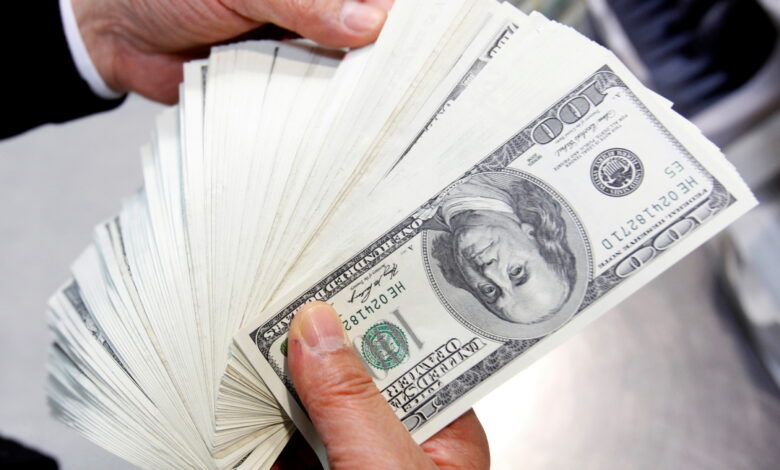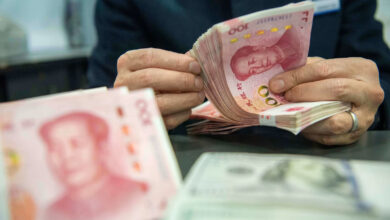
The Egyptian market is thirsty for many products, but the recent measures give an indication and hope that many goods will return to the Egyptian market in large quantities, especially with the release of many goods from customs, Abdel Moneim al-Sayed, President of the Cairo Center for Economic and Strategic Studies, said.
The minister of finance’s decision to grant facilities to importers is temporary only, because the facilities announced were for goods currently stored in Egyptian ports, which will have a temporary reflection on the market, as it will cause a boom in the volume of goods and contribute to lowering prices, Amr al-Samdouny, Secretary General of the International Transport and Logistics Division at the Cairo Chamber of Commerce, said.
Samdouny added, in press statements, that these decisions will not result in clear positive effects on the market, which is suffering from many problems, including documentary credits which is a required from importers despite the President of the Republic’s decision to exclude importers of production requirements from documentary credits.
The suffering continues in dealing with banks that refuse to deal in US dollars, he said, stressing that it is not possible to make dollar transfers except through export proceeds, which is impossible.
Documentary credits were and still are among the biggest impediments in import operations and a major reason for the problem that the Egyptian market suffers from and the reason for the scarcity of about 60 percent of the goods on the local market, he said.
Samdouny explained that importers cannot open documentary credits in banks, adding there are queues of investors and importers waiting for their turn in opening documentary credits.
He explained that the minister’s decisions did not result in clear positive effects on prices in the market, in light of the intransigence of banks in dealing with importers who seek to open letters of credit.
With regard to the minister of finance’s decision to exempt importers and investors from customs fines from those who are late in completing the procedures due to the documents required from the relevant authorities, Samdouny said that this decision will not reduce the costs of goods which will likely decrease for a specific time period until these stored goods are sold out.
The prices of goods cannot be determined based on a temporary decision to solve a specific problem, as the Minister’s decision is issued for the goods in the ports only, he explained.
Samdouny stressed that the basic problems, such as the rise in the customs dollar price and the opening of letters of credit, have not been resolved, so the consumer will bear the price at the end.
He called for establishing indicative lists of imported goods to sort out luxury imports, in light of the dollar crisis facing the state, or to address the letters of credit problem.
He pointed out that car importers will be the biggest beneficiaries of the decision to cancel the collection of customs fines from those who are late in completing the import procedures, as the decision will make a major breakthrough in the car market, given the huge numbers of cars seized in the free zones due to letters of credit.




